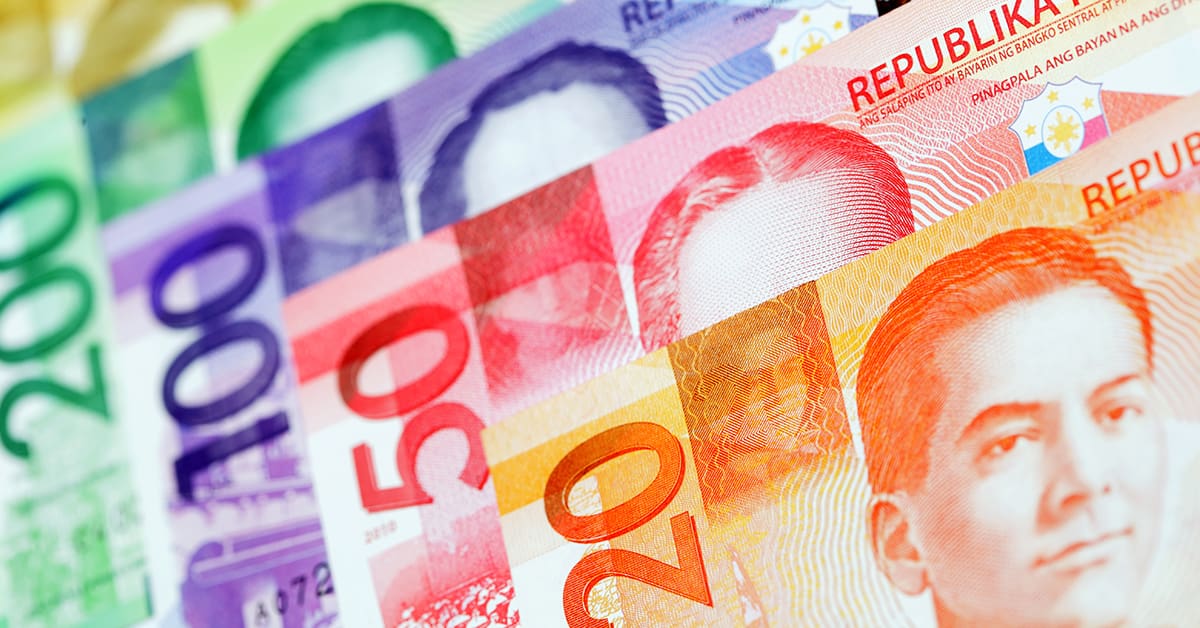Foreign companies will soon be able to own 100% of companies in most economic sectors.

The Philippines is set to ease some of Southeast Asia’s most prohibitive investment laws as the country struggles to exit the Covid-19 pandemic. In February, the Philippine Congress approved a series of amendments to the Public Service Act (PSA) that will roll back restrictions on foreign investments in public services such as telecommunications, airlines and railways. The reforms could attract as much 299 billion Philippine pesos ($5.8 billion) in investments over five years, according to the Philippine House Ways and Means Chair, Rep. Joey Salceda. The approved bill must be signed by President Rodrigo Duterte.
According to the Philippine News Agency (PNA), the Philippine government’s official newswire, the bill allows up to 100% foreign ownership in all economic sectors—or nearly all. Current laws limit foreign ownership in public utilities to 40%; and going forward, some sectors judged critical to national security will remain subject to that restriction. They include transmission and distribution of electricity, petroleum and water pipelines, sewerage, seaports and public utility vehicles, the PNA says.
“PSA is a game changer,” says Ebb Hinchliffe, executive director of the American Chamber of Commerce of the Philippines. “It will not only help create jobs for Filipinos, good-paying jobs, but also bring in much-needed technology as a secondary benefit.”
Storied family dynasties that dominated the local business sector have been accused of keeping wages low and encouraging the government to maintain its antipathy toward foreign investors. The “credible threat of competition,” says Salceda, “reduces monopoly or oligopoly power” and “encourages local players to improve efficiency.”
But analysts warn the reforms will succeed only if they coincide with efforts to stamp out deeply entrenched corruption and stifling bureaucracy. For years, the Philippines was dubbed “The sick man of Asia,” as investors avoided the country in favor of fast-growing markets such as Vietnam. Investors also fret over the country’s human rights record and the possibility that Ferdinand Marcos Jr., scion of the former dictator Ferdinand Marcos, could become president in May’s elections.



